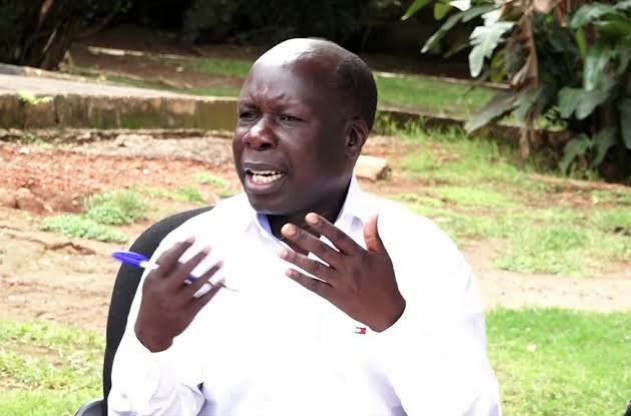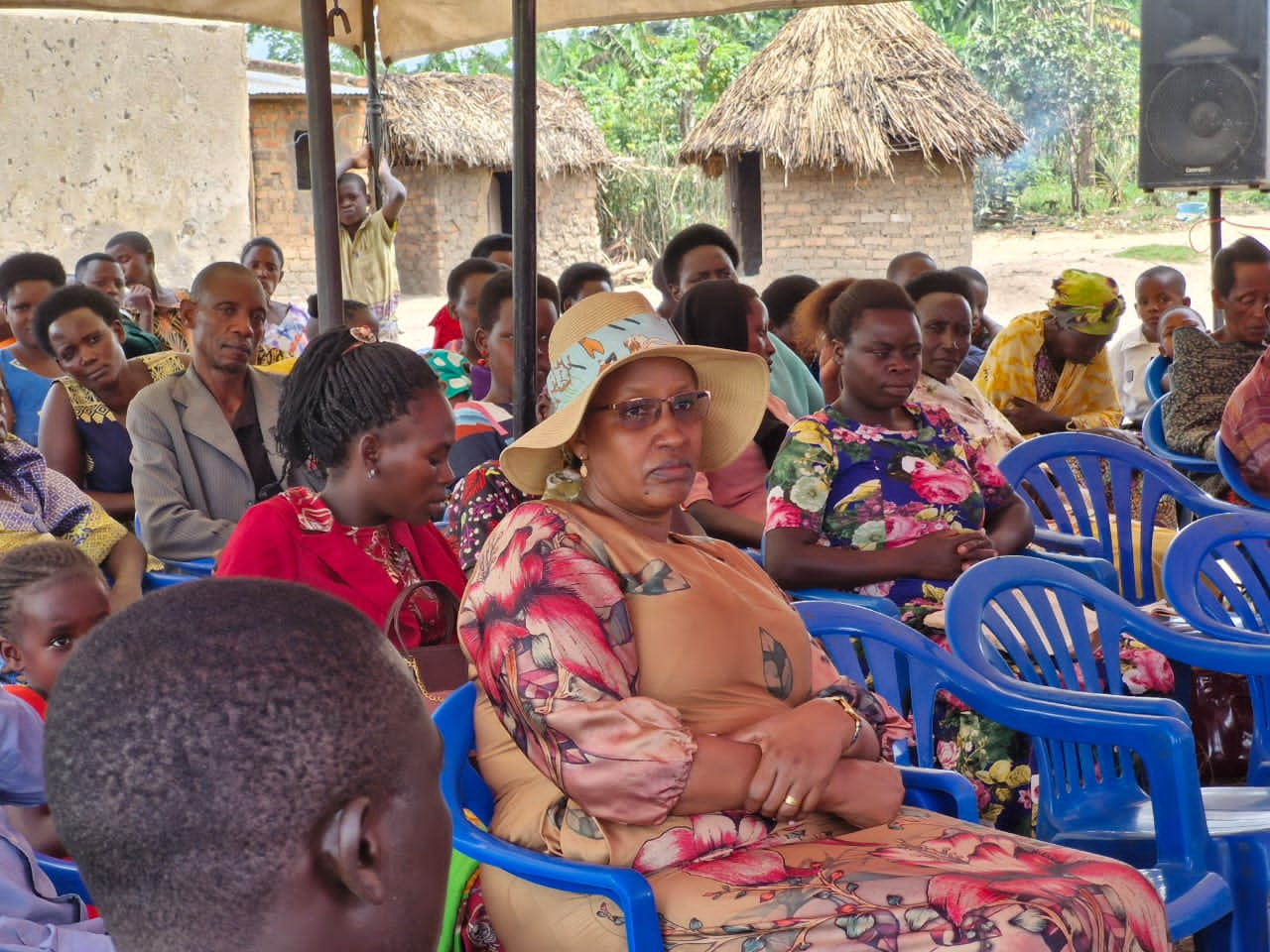The National Resistance Movement (NRM) is facing a crisis of confidence as the fallout from a controversial digitization exercise of its membership register continues to rock the party.
At the center of the storm is Dr. Tanga Odoi, chairman of the party’s Electoral Commission, whose role in the flawed process has left many questioning the integrity of the upcoming party primaries and the strength of the NRM’s internal democracy.
The digitization of the party register was intended to modernize the NRM’s electoral processes, providing a transparent and reliable database of its membership. However, the exercise has turned into a disaster. Multiple sources reveal that the register is riddled with irregularities, including the exclusion of eligible voters, rampant inflation of names, and the presence of ghost members.
Eligible youth, a critical demographic in Uganda’s electoral landscape, were notably left out of the register due to poor planning.
Registration was conducted during school terms, meaning thousands of students missed the opportunity to enroll. This omission has drawn sharp criticism from within the party, with many arguing that such oversights alienate the very group that represents the future of the NRM.
The register’s integrity was further compromised when it was left idle in district offices for six months. During this period, insiders allege that local officials smuggled illegal names into the system, inflating the numbers and undermining the credibility of the database.
These revelations have left many wondering how such a vital exercise could have been so poorly managed.
Dr. Tanga Odoi, who assigned himself the lucrative role of trouble-shooter during the digitization process, has come under intense scrutiny.
Tasked with overseeing the rapid response docket, he was given both the authority and budget to address emerging challenges. Yet, critics argue that instead of fixing the issues, Tanga’s leadership has exacerbated them.
The flawed register is not the only controversy surrounding Tanga. Allegations of vote tampering and manipulation in recent elections, particularly the Kisoro by-election, have added to the growing mistrust. Many within the party believe Tanga’s unchecked power and divisive tactics are undermining the democratic principles upon which the NRM was built.
The role of Richard Todwong, the NRM Secretary General, has also come under the spotlight. As the party’s chief administrator, Todwong is expected to ensure accountability and order within the secretariat.
However, sources suggest that Todwong’s influence has been overshadowed by Tanga’s dominance. Insiders claim that Todwong has been relegated to a subordinate role, unable or unwilling to challenge Tanga’s authority.
Party members point to the downfall of Justine Kasule Lumumba, Todwong’s predecessor, as a cautionary tale. Lumumba, who reportedly clashed with Tanga during her tenure, was eventually pushed out. Her fate serves as a stark reminder of the risks faced by anyone who dares to confront Tanga, leaving Todwong in a precarious position.
The controversy surrounding the register has exposed deep divisions within the party. Many NRM members, including parliamentarians, have expressed their frustrations openly, calling on President Yoweri Museveni to intervene.
Some have gone as far as urging the President to remove Tanga from office, arguing that his continued presence threatens the party’s unity and credibility.
The stakes for the NRM have never been higher. With the party’s grassroots support at risk and internal divisions deepening, the leadership faces a critical test. The flawed digitization process has become a symbol of broader issues within the NRM, raising questions about its ability to adapt and maintain its position as Uganda’s ruling party.
As the party grapples with these challenges, one thing is clear, that the fallout from the register digitization exercise is far from over. Whether the NRM can recover from this debacle will depend on its willingness to address the root causes of the crisis and take decisive action to restore trust among its members.




















